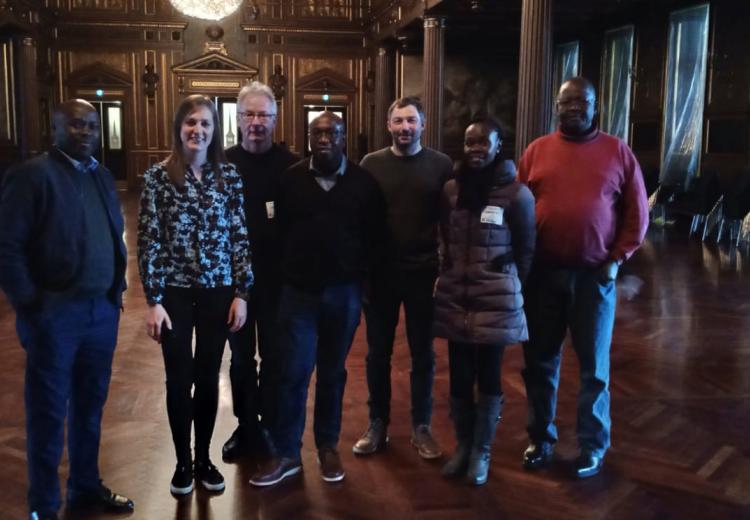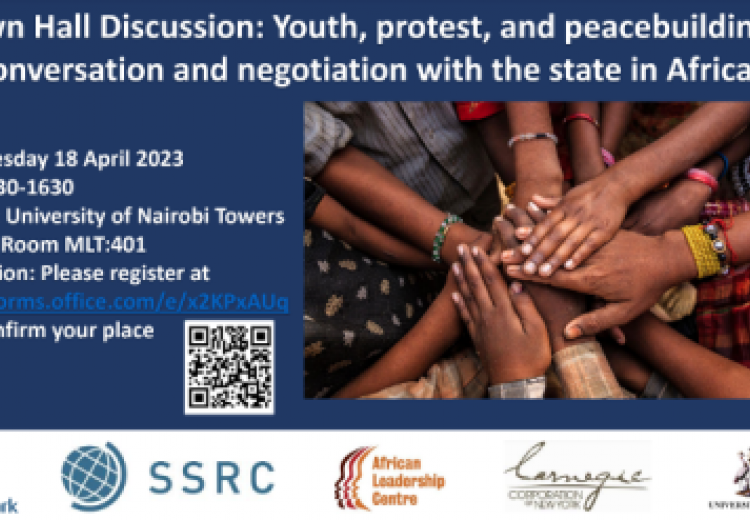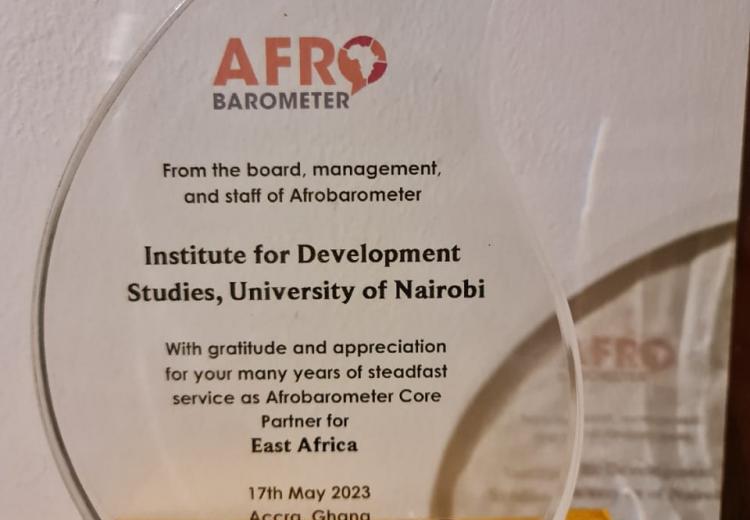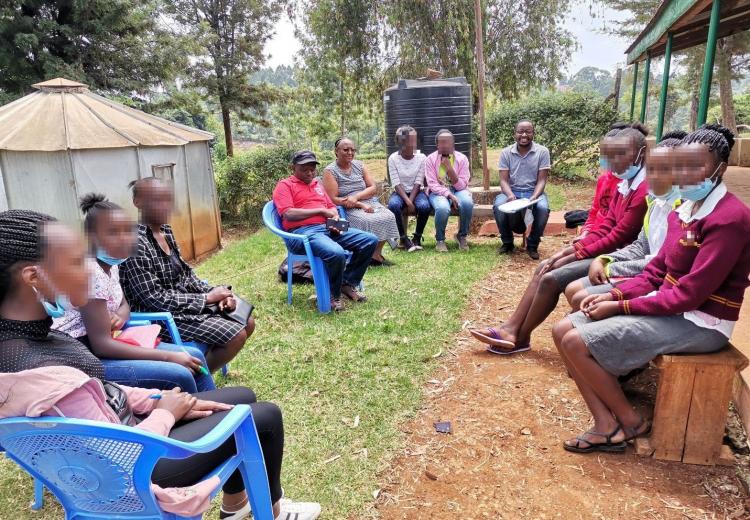IDS researchers Prof. Paul Kamau and Dr. Herbert Wamalwa attended a week long research stay at the Denmark Technical University, Roskilde in Denmark. This was between 6th and 11th February 2023. They were part of a larger team drawn from IDS, University of Nairobi, Kenyatta University and Denmark Technical University. They are part of a collaborative DANIDA funded project called Governing solar electronic-waste recycling in Kenya. During the research stay, team members visited a number of institutions involved in electronic waste management based in Denmark and Sweden.
Latest News
The Institute for Development Studies (IDS) and the African Leadership Centre (ALC) in collaboration with the African Peacebuilding Network (APN) of the Social Science Research Council (SSRC) New York and Willton Park hosted a Town Hall discussion titled: Youth, Protest, and Peacebuilding: Conversation and Negotiation with the State in Africa. This was held on 18 April 2023. Please click here for the event's recording.
Prof. Paul Kamau has been awarded an African Economic Research Consortium (AERC) three months fellowship at the Centre for Development Research (CRD), of the Catholic University of Madagascar based in Antananarivo. The fellowship runs from April 16 to July 2023.
On 17 May 2023, the Institute for Development Studies was feted for many years of steadfast service as the Afrobarometer Core Partner for East Africa. Receiving the award on behalf of the Afrobarometer team was Prof. Paul Kamau. He appreciated this and dedicated the trophy to the able Afrobarometer team at the Institute of Development Studies led by Prof. Winnie Mitullah.
The Institute for Development Studies (IDS), University of Nairobi, with funding from the Hivos Southern Africa Regional SRHR Fund, undertook a research project that focused on the
The Institute for Development Studies (IDS), University of Nairobi, and three other collaborating institutions were awarded a two-year grant (2020-2022) by Carnegie Corporation of New York titled 'Decentralisation, inclusive citizenship, and the governing elites in Africa and the Arab Region.' The Project<






